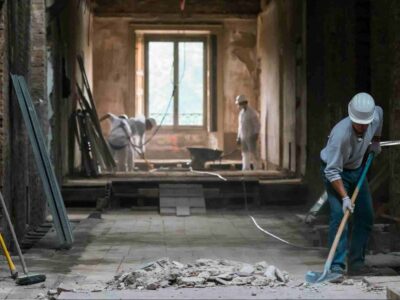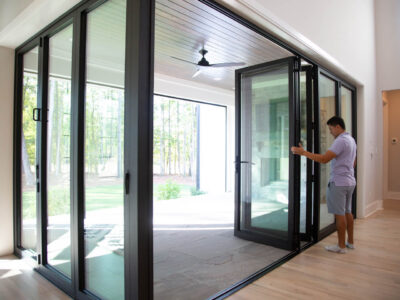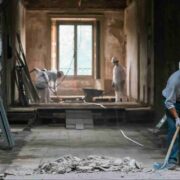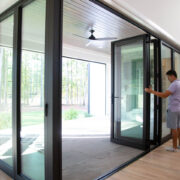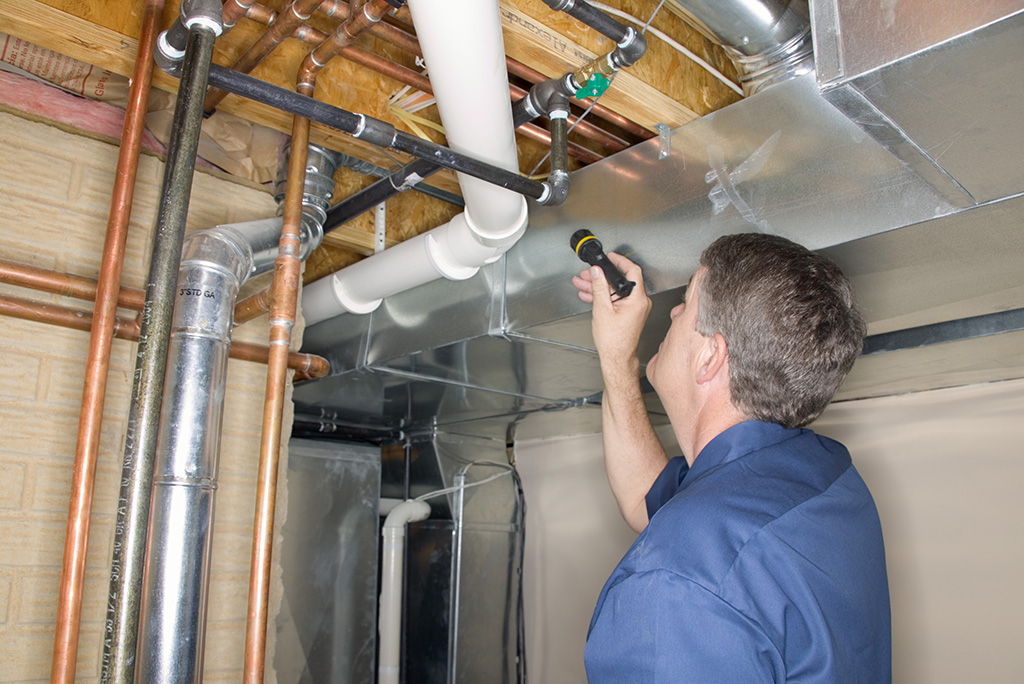
If you are selling or buying a home, it’s important to possess the home inspected with a qualified home inspector. Your home inspector will check out the house all the way through, inside and outside, and provide you with a study on the health of the home that will help you make wise decisions.
A home inspector worth his salt is going to do some preparation before inspecting the home you would like him to look at. He’ll seek advice from local government bodies to obtain solutions to some couple of key questions.
* Do you know the home’s zoning, setback, height, and building coverage needs?
* What are the grandfathered uses and types of conditions, liens, or relevant fire rules?
* May be the home inside a seismic zone where earthquakes could occur?
* May be the home inside a hurricane or high tornado-risk region?
* May be the home inside a ton plain or any other ton-risk zone?
* What are the records of hazards within the soil or water on or close to the home’s site?
Once in the home, your inspector will conduct a short walk-through from the property and also the home itself. He’ll note the property’s overall look and condition. If it appears as though it’s been well taken proper care of, it is less inclined to have serious problems.
Your inspector will be aware from the building’s style and period and then try to determine if this was built. Then he’ll examine the caliber of the home’s construction and designs. So how exactly does it match up against other homes locally? There is no replacement for good design and seem, durable construction.
How about the home’s layout? Could it be functional? Will the home have to be altered or remodeled to really make it functional and marketable?
Probably the most critical things your inspector will appear at is whether or not there’s any dampness or water damage and mold towards the home. Water damage and mold is generally a home’s greatest enemy. A dry building will not experience fungus or decay, termite damage or corroded and rusted equipment.
Whenever your home inspector has finished his initial walk-through, he’ll begin the formal inspection process. He’ll check within the home’s site and it is outdoors and inside. He’ll be aware of anything he believes is pertinent and significant.
While the home inspection, he’ll investigate the health of the structural, electrical, plumbing, and Heating and cooling systems. (Heating and cooling is heating, ventilation and ac.) He’ll note the dimensions, capacity, along with other relevant details about each system or component when needed.
Most inspections contain observing, calculating, and testing building parts which are uncovered to see. Sometimes there might be problems that require removing some area of the building in case your inspector would be to observe, measure, or test facets of construction which may be hidden. Such intrusive inspections require some destruction. The inspector should not do that with no owner’s permission which help from qualified mechanics or construction workers.
It could take several visit for the inspector to perform well. This relies on the health of the home and whether he is able to obtain access to what he must see. He might need to get in touch with additional the aid of qualified experts and have further testing done. Obviously, climate conditions may also allow it to be essential for him to return more often than once.
When your inspector has completely looked things over, he’ll lmake a study. It’ll have information to assist with any decisions that should be made concerning remodeling, repairing or replacing anything within the home.

